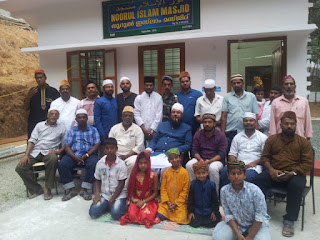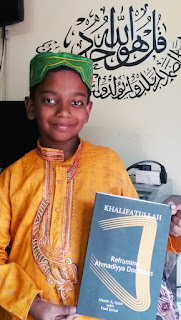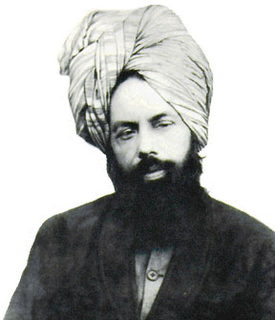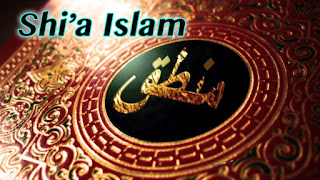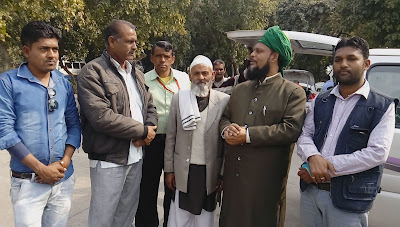More than ever before, individual and social identities are in flux. Ways of life as understood in both tradition-bound societies, and also in the advanced industrialized nations, are shifting under the strong currents of economic globalization and associated transformations. The usual lense of 'spiritual' East and 'materialist' West does not really explain the creeping changes around the world. In his Friday Sermon of 04 January 2019~ 27 Rabi’ul Aakhir 1440 AH, Imam- Jamaat Ul Sahih Al Islam Hadhrat Muhyi-ud-Din Al Khalifatullah Munir Ahmad Azim Saheb (atba) of Mauritius spoke about the growing churning happening in the Arab-Islamic world and in the West, pointing to a deep irony: whereas a 'god-less' Europe increasingly appreciates the values of diversity and humanitarianism at the root of a spiritual outlook; the rich-Arab States-despite their claims of faith in God- are increasingly turning to materialism and are virtually indifferent to the solidarity obligations of core Islamic values. Pointing to the inherent limitations of synthetic materialism to sustain human interest over the longer term and the profound appeal of the spiritual path in the inner quest of people for lasting happiness; Hadhrat Khalifatullah (atba) highlights the major opportunity it represents for Islam to fill the growing 'emptiness' in the West, even as the Speech underscores the profound need for the Muslim societies' in our times to appreciate and reclaim their pure faith/spiritual legacy from corrupting influences that grip their social orders: the 'worship' of riches; denial of human rights; mindless extremism, internecine violence, etc.
Read the Friday Sermon Below:
SPIRITUALITY AND MATERIALISM
Read the Friday Sermon Below:
SPIRITUALITY AND MATERIALISM
There
is a common belief among us that the Arabs and Muslims in general are
spiritual while the West, i.e. industrialist and capitalist American
and European societies, is materialistic. But how true is this claim?



